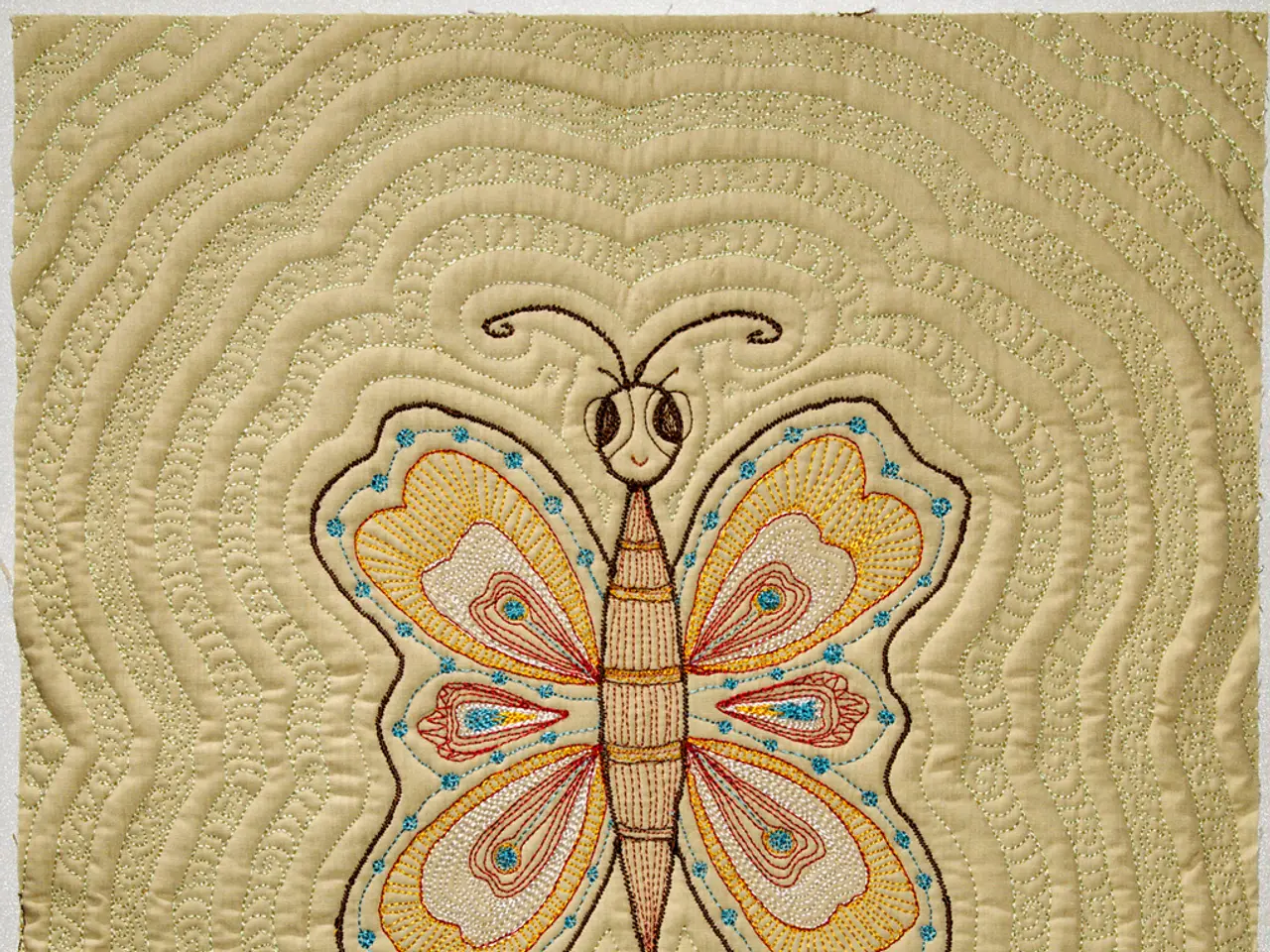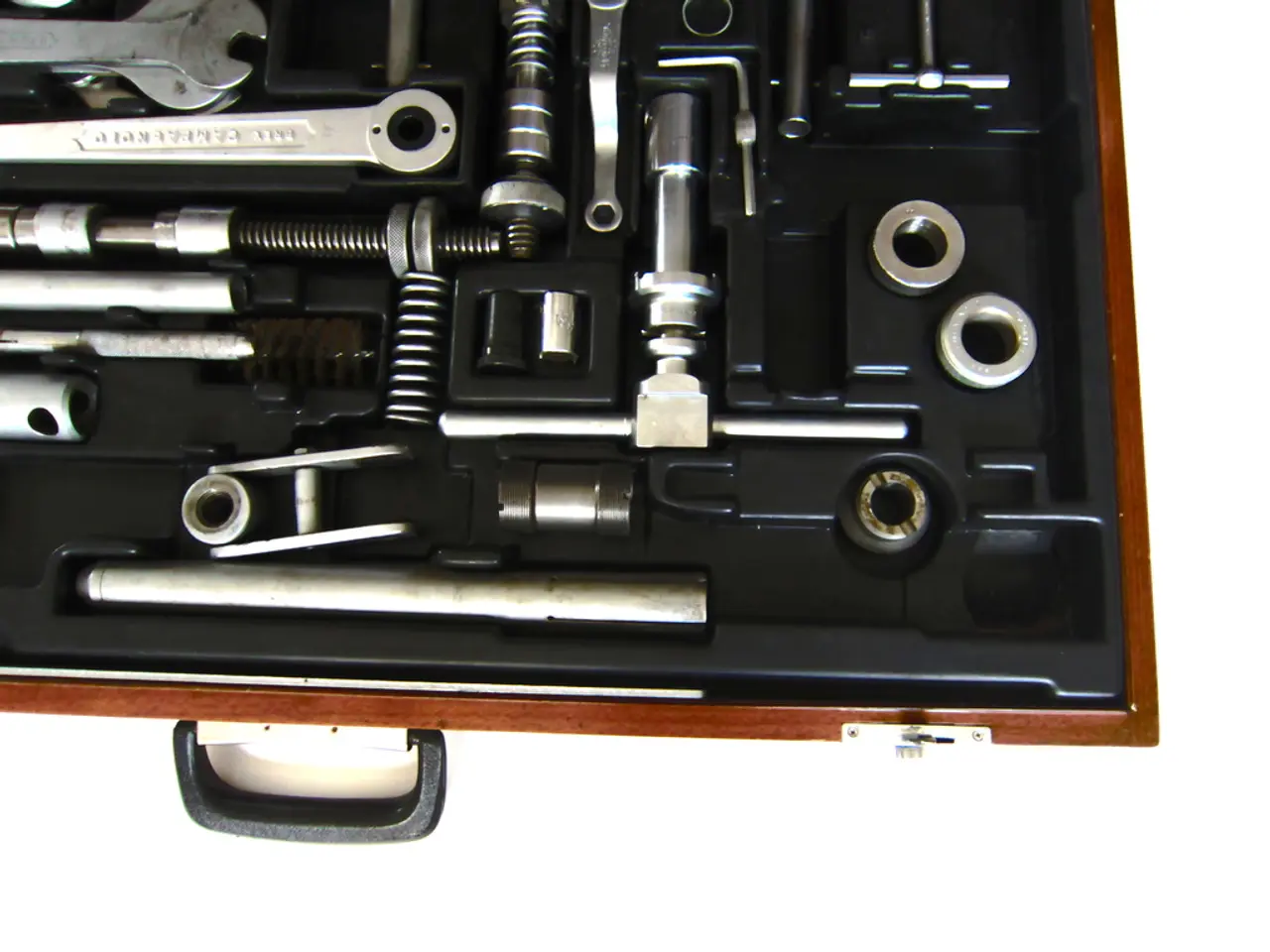Expert advice on maintaining MVHR systems for optimal functionality
MVHR (Mechanical Ventilation with Heat Recovery) systems are becoming increasingly popular in modern homes, offering a solution for ventilation, heat recovery, and air filtration. However, to ensure optimal performance and longevity, regular maintenance and timely filter changes are crucial.
Fan motor replacement is a job that should be done by an experienced installer, but filter changes are a user-friendly operation that homeowners can manage. Most MVHR fan units come with at least one set of filters, which are dust filters (G3 or G4). For finer filtration, additional filters like F7 or F8 filters for supply air and charcoal (carbon) Nox filters can be used.
It is common to change the dust filters around once or twice a year, and cleaning them with a vacuum cleaner can be helpful. However, the frequency of filter changes depends on the outdoor air quality. Under normal conditions, filters should be changed every 6–12 months. In polluted or urban environments, more frequent changes (every 4–6 months) are recommended.
Monitoring systems such as timer-based or pressure drop indicators can help determine the appropriate replacement time by signaling when filters are dirty and restricting airflow. Regular timely replacement maintains MVHR efficiency, reduces energy consumption, and extends system lifespan. Neglecting filter changes can cause increased energy costs, system damage risk, and possibly void warranties.
Ceiling valves in each room, especially extract valves in the bathroom and kitchen, can get dirty and require cleaning. Wipe them with warm water and household cleaner, and dry them to avoid rust. Do not get ceiling valves mixed up, as they have been adjusted and set for a particular valve, and if mixed up or readjusted, they will need to be rebalanced by an experienced MVHR installer.
Maintaining the filters is a user-friendly operation, but the fan unit should be installed in an easy-to-reach area to ensure maintenance is done. Spare parts for the fan unit should always be purchased from the manufacturer. Grease filters in the room extract vents are an option for a busy kitchen to prevent dirt clogging up the heat exchanger in the fan unit.
MVHR systems also come with condensate drains, which allow condensate water to flow to the waste pipe while preventing smells from the waste pipe entering the MVHR system and filtering into the home. Periodically checking these drains for blockages due to dirt buildup is essential.
In summary, to balance system efficiency and cost: - Change MVHR filters every 6–12 months under normal conditions. - Consider changing more frequently (every 4–6 months) in polluted or urban environments. - Use filter change indicators if available to optimize timing.
This approach aligns with manufacturer guidelines and industry standards for maintaining optimal MVHR system performance and longevity.
[1] Manufacturer Guidelines [2] Industry Standards [3] Urban Environment Pollution Study [4] Energy Consumption Report [5] Air Quality Research
- The user-friendly operation of changing MVHR filters should be done every 6–12 months under normal conditions, while more frequent changes (every 4–6 months) are recommended in polluted or urban environments, as suggested by an Urban Environment Pollution Study and Air Quality Research.
- Maintaining MVHR efficiency, reducing energy consumption, and extending system lifespan are achieved through regular and timely filter changes, as stated in the Energy Consumption Report.
- Neglecting filter changes can increase energy costs, pose a risk of system damage, and potentially void warranties, as highlighted in the text.
- In addition to filter changes, periodically checking the condensate drains for blockages due to dirt buildup is essential, as indicated by the text.
- Besides, when designing a home with MVHR systems, it's crucial to ensure the fan unit is installed in an easy-to-reach area to facilitate maintenance, as mentioned in the text.
- For improved kitchen air quality, consider installing grease filters in the room extract vents to prevent dirt clogging up the heat exchanger in the fan unit, as suggested in the text.




